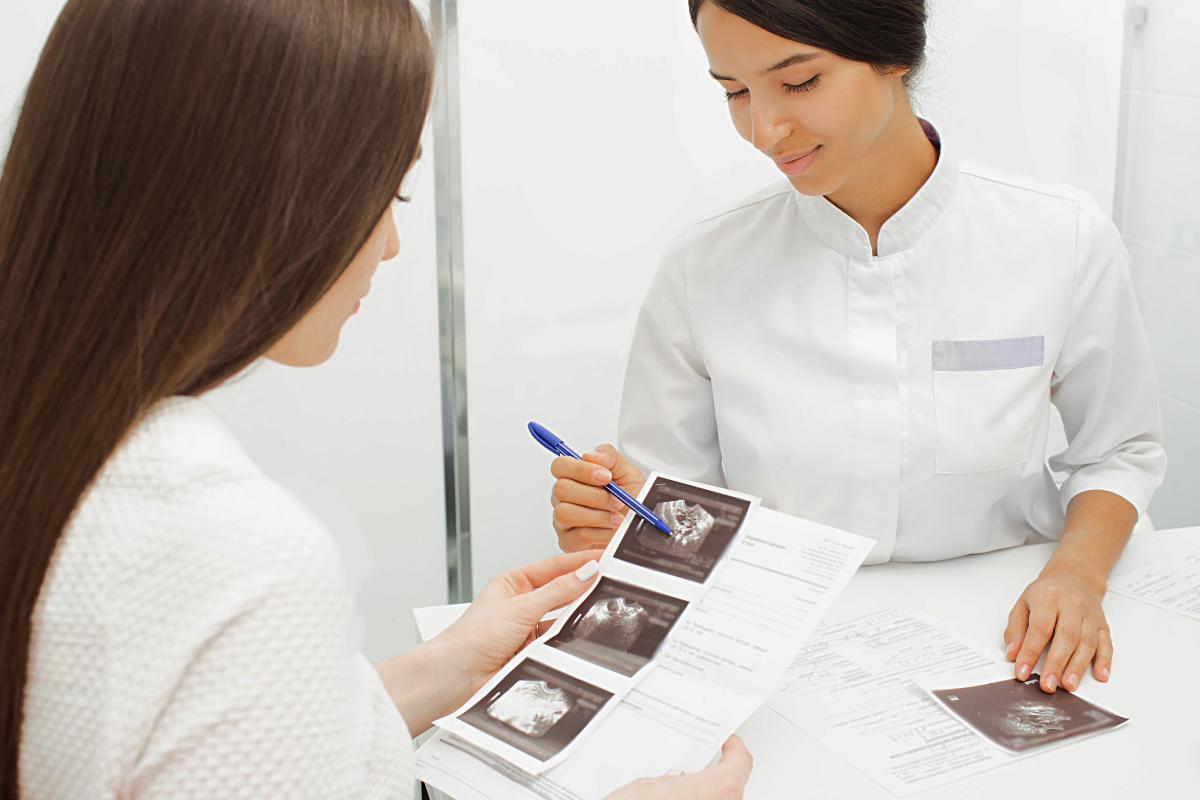Visit us in San Francisco
Academic standards. Pioneering research. Personalized care. Start your journey at the UCSF Center for Reproductive Health, located in Northern California's San Francisco Bay Area.
An assessment of the eggs inside the ovaries is an important part of a fertility evaluation. Women are born with all of the eggs they will ever have and lose these eggs slowly over time. At birth, the ovaries contain several million eggs, at the onset of puberty there are approximately 200,000-400,000 eggs, and by the time menopause occurs, it is more like 1,000. The number of eggs present depends largely on age, but can vary widely from person to person.
The purpose of ovarian reserve testing is to estimate the number of eggs present. This information can be used to determine which type of fertility treatment is most appropriate and to predict the response of the ovaries to fertility medications.

It is important to note that while ovarian reserve testing gives us information about the quantity of eggs, it does not tell us about the quality of eggs. Egg quality refers to the ability of an egg to create a viable embryo and pregnancy. This is something that is determined primarily by age, and is NOT related to the number of eggs. There is no “test” for egg quality. Your doctor will discuss this with you in detail at your first appointment at UCSF CRH.
Academic standards. Pioneering research. Personalized care. Start your journey at the UCSF Center for Reproductive Health, located in Northern California's San Francisco Bay Area.